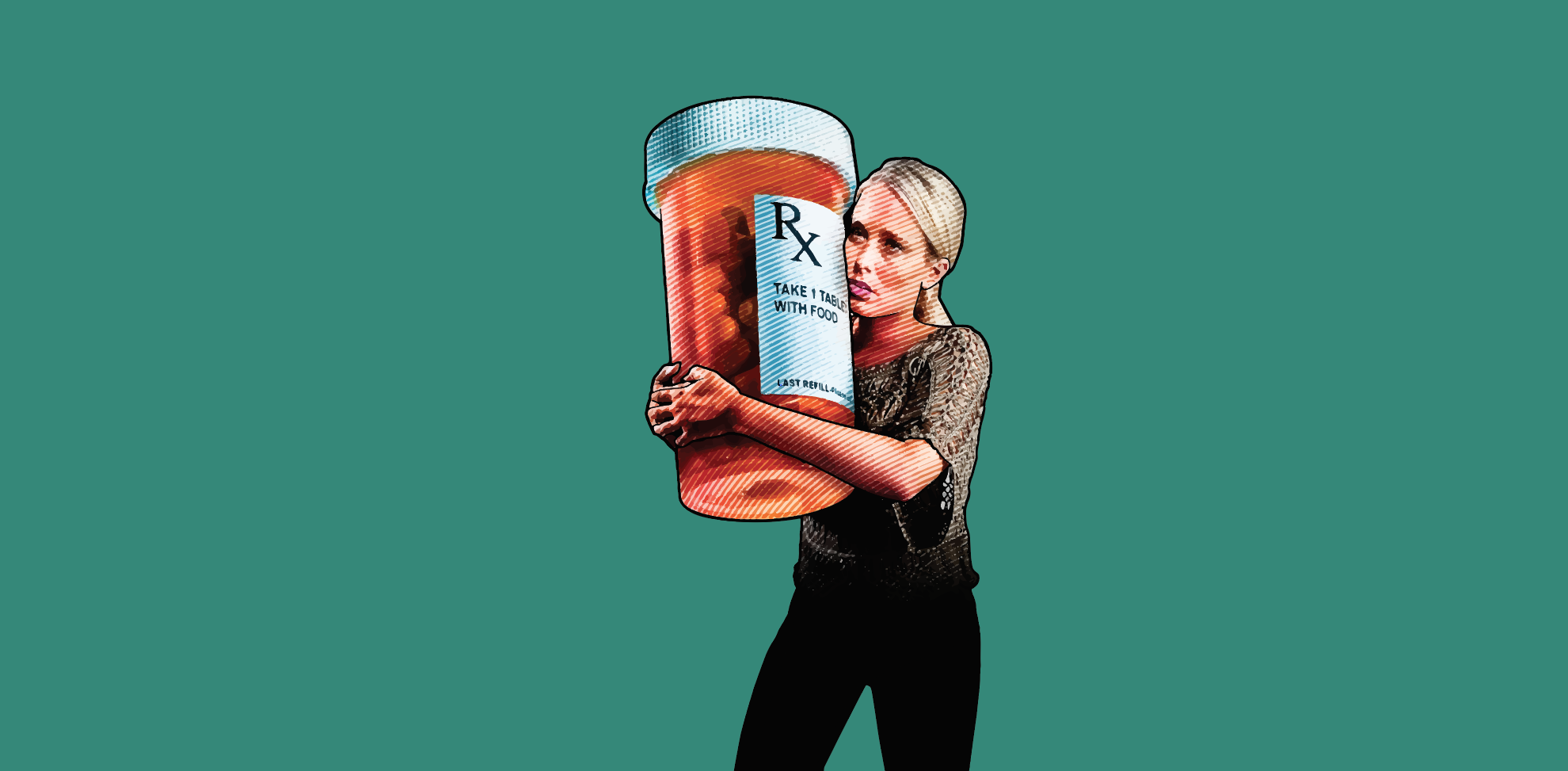Terry Maguire tries to balance the need for effective pain relief against the ever-growing opioid epidemic
Tim Brown’s self-effacing claim that he’s just a simple plumber holds little water. Tim’s a leading kidney transplant surgeon with an impressive international reputation and for him, home is the world-renowned kidney transplant centre at Belfast City Hospital. I had the pleasure of hearing Tim speak at a recent School of Pharmacy fellowship event. There has been a long and fruitful association between the School of Pharmacy at Queen’s and the Renal Unit. When I was a PhD student, Molly McKeown, a pioneer of kidney transplant surgery, headed-up the unit and sponsored a number of PhDs and MScs designed to give a better understanding of how drugs affect the kidney transplant process and the transplanted kidney. This was ground-breaking stuff and added to the pre-eminence of Belfast as a transplant centre of excellence.
That was over 30 years ago. Tim is of a new generation and his team’s focus is on transplant from live donors. People literally walk off the Lisburn Road into his unit and insist they donate a kidney to any needy person, which, in my book, is the ultimate in altruism. This new focus gives Belfast a huge bank of potential donor kidneys with which it can trade across the World to ensure the right recipient gets the right kidney at the right time. For example, there are five patients waiting for a kidney in Belfast and five donors turn up at Tim’s door, but none are matches. Tim can literally do a deal within Europe and across the US for matches, trading a local kidney for a better match. For this reason, N Ireland transplants 20 times more kidneys than the average European nation and the School of Pharmacy is playing a small but vital part in that success.
I have been struggling to understand how more can be done to reduce this emerging tsunami of opiate addiction
Fascinating as that was, and I could watch videos of kidney surgery all day, I was more interested in Tim’s comments on pain management in his patients. Clearly, surgery hurts and patients get preoperative and postoperative pain management, mostly opiate-based, as this is appropriate for the type of traumatic pain they experience. Tim is all too aware of the burden of opioid abuse, fuelled not insignificantly, in his opinion, by surgical consultants. He discussed research that showed where surgical patients received three days of opiates on discharge from hospital, only 6 per cent will be dependent one year later, whereas among those discharged with 20 days’ supply, 30 per cent will be depended one year later.
I have been struggling to understand how more can be done to reduce this emerging tsunami of opiate addiction. My learned editor might not have noticed but the June 2019 edition of this excellent publication was an “opiate special edition”. The news section addressed opioid-related deaths, Ide Delargy consibdered addiction issues, Des Corrigan showed me how to better use loperamide for greater opiate effect, I chided the addicts for being weak (where’s my compassion?) and Donna Cosgrove gave an overview of pain control highly dependent on opiates on the higher rungs. All this erudite consideration was sponsored by three full page ads for pain relief medicines. Makes you wonder.
It’s an international challenge. In the UK, between 1998 and 2016, the number of opiate prescriptions increased by 34 per cent. The volume of high-dose (120mg or greater morphine equivalency) long-acting opioid prescriptions increased by six-fold. The American annual opioid deaths number is becoming a tired cliché.
Anxious to do his bit in addressing this crippling public health problem, Tim has devised a procedure where, during surgery, he isolates the main nerve that controls nocio-pain-receptors in the surgical region. He then, using a leaky fine tube attached along the body of the nerve, drips a local anaesthetic across the nerve. Doing this during the operation and only removing it postoperatively, he manages to have pain-free patients one or two days after surgery and who leave hospital without any opiates who, of course, have a zero chance of dependence at one year.
I was disappointed that in telling this story and attesting its effectiveness by way of some delighted-patient videos, he signalled his apology directly to me as a practising community pharmacist, indicating that his procedure would potentially reduce the number of medicines I might dispense in the future. Bad for my business, he feared. As a recipient of one of the Fellowships, lauded in the citation for professional service to my patients, I had now been identified as a pusher of medicines to my patients’ detriment.
Following the ceremony, I was invited by Prof Carmel Hughes, Head of School, to join Tim, the other Fellows and the school staff for dinner. There, hoping I did not bore him too much, I pointed out to Tim that an apology was unnecessary. Pharmacists’ professionalism should see no threat from a reduction in medicines supplied. Indeed, I told him, while anxious that his eyes were slightly glazing over, that my ideal situation, my utopia is when community pharmacists are paid not to dispense a medicine. I felt he was not reassured and that, for him at least, our public perception is sustained.







